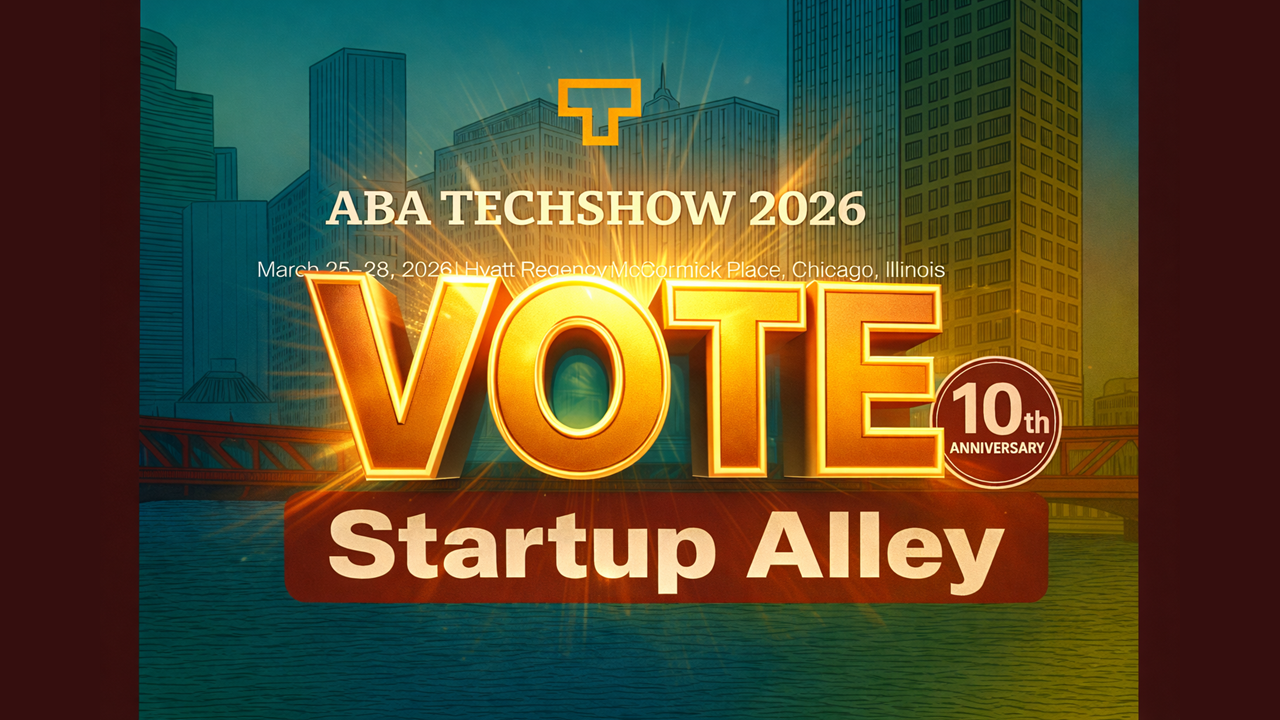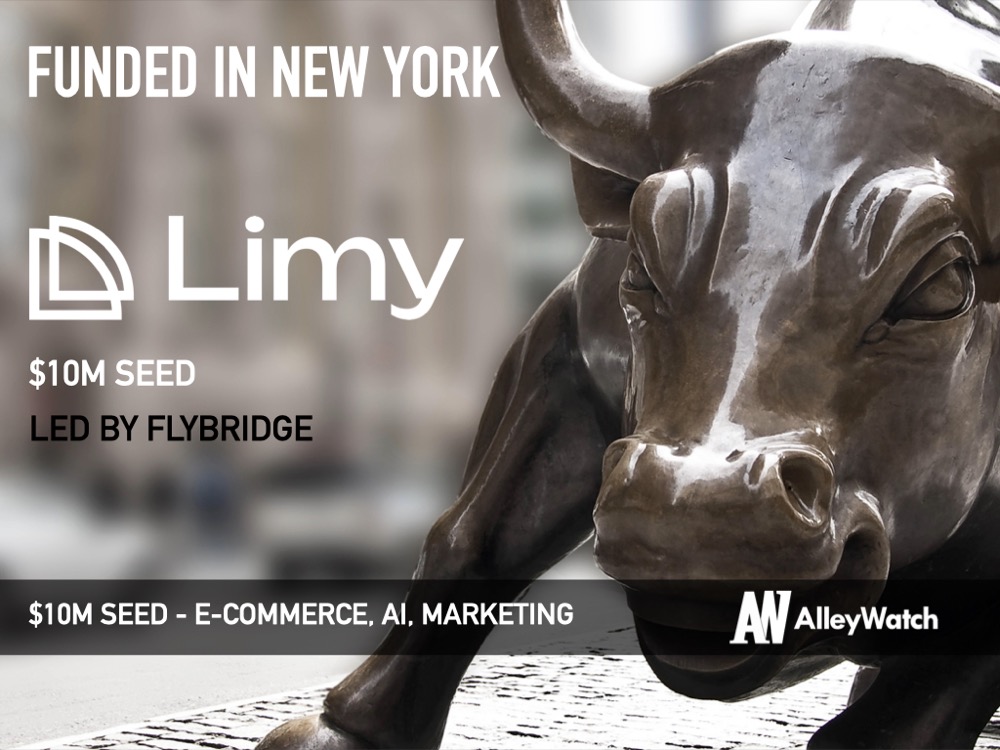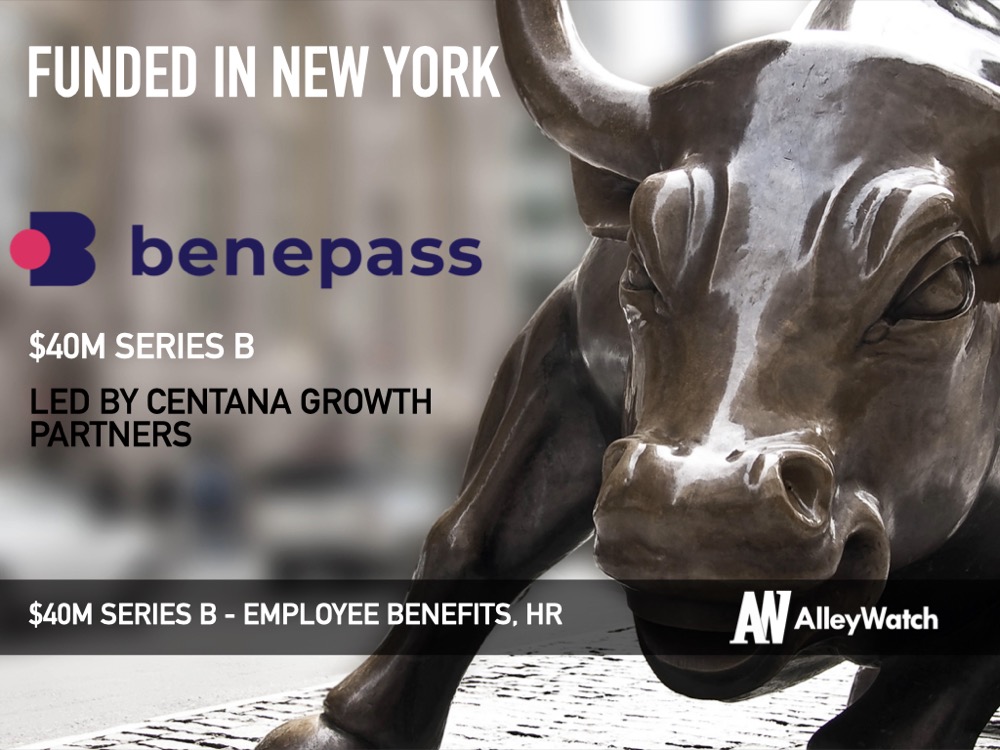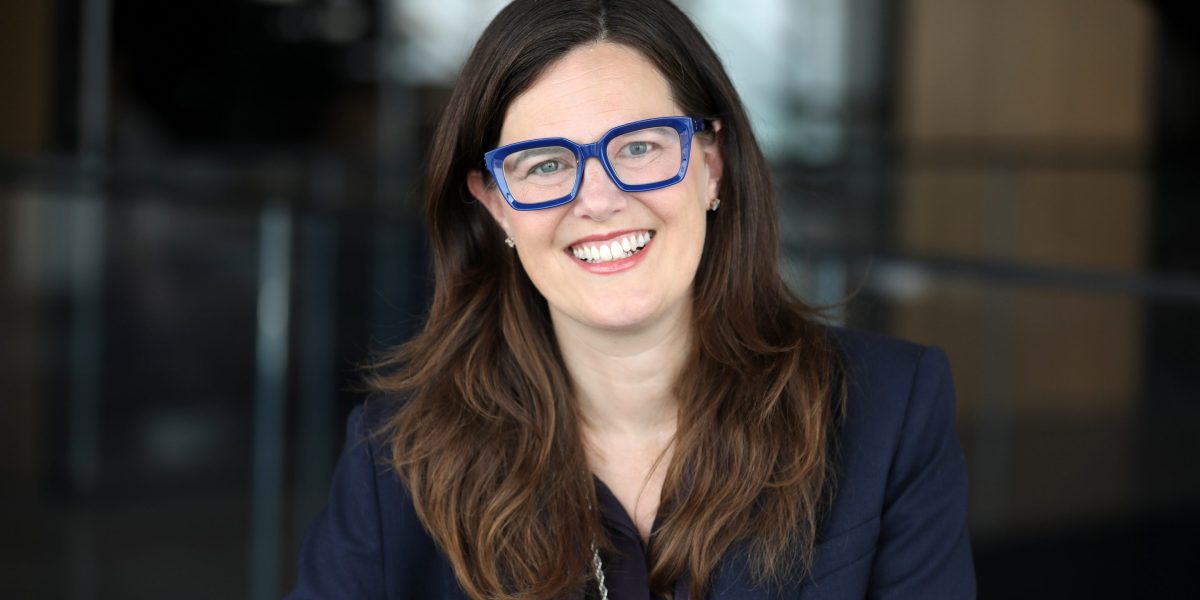Startup companies
Startup companies
[ follow ]
#entrepreneurship #startup-funding #venture-funding #delegation #startups #networking #prediction-markets
Startup companies
fromFortune
14 hours agoCrypto crime-fighting startup TRM Labs notches $1 billion valuation with new $70 million funding round | Fortune
TRM Labs provides blockchain analytics that enabled global law enforcement and private crypto firms, raising $70M and achieving a $1 billion valuation.
fromSilicon Canals
1 day agoQuote of the day by Steve Jobs "The only way to do great work is to love what you do." - Silicon Canals
But after years of chasing success in all the wrong places, I finally get what he meant. My first startup was everything I thought I wanted. We had funding, a slick office, and all the right buzzwords in our pitch deck. I was working 80-hour weeks, convinced that grinding harder would somehow make me love what I was doing. Spoiler alert: it didn't.
Startup companies
Startup companies
fromFortune
1 day agoKairos, which is building a cross-platform tool for professional prediction markets traders, raises $2.5 million from a16z crypto | Fortune
Kairos built a prediction-market trading terminal aggregating exchanges and raised $2.5M to accelerate product development and user growth.
fromEntrepreneur
1 day agoHow to Stop Reacting and Start Leading
Too many founders get stuck in reactive mode, buried in meetings and fire drills. But if you're always reacting, you're not really leading. You must move from reactive operator to strategic leader, which requires a mindset shift. Understand that you're not the firefighter - you're the architect. Ask yourself: If you disappeared for two weeks, what would break? That's where your real work begins.
Startup companies
Startup companies
fromInfoQ
2 days agoEtleap Launches Iceberg Pipeline Platform to Simplify Enterprise Adoption of Apache Iceberg
Managed Iceberg pipeline platform unifies ingestion, transformation, orchestration, and table operations inside customers' VPCs, enabling enterprise Iceberg adoption without building custom stacks.
fromSilicon Canals
1 day agoThe quiet morning ritual that separates millionaires from everyone else - Silicon Canals
The first light hasn't broken yet, but somewhere in London, New York, or Silicon Valley, a millionaire is already awake. The coffee is brewing, steam curling up in the darkness. Outside, the streets are empty except for the occasional delivery truck. Inside, there's just the quiet hum of possibility-those precious hours before the world starts demanding attention. I discovered this myself when I started running my own company.
Startup companies
Startup companies
fromSilicon Canals
1 day agoQuote of the day by Bill Gates: "Most people overestimate what they can do in one year and underestimate what they can do in ten years." - Silicon Canals
People overestimate what they can achieve in one year and underestimate how small, consistent actions compound into major results over a decade.
fromTNW | Eu
2 days agoEurope's not-so-dry January: Unicorns and a new tech identity
Every January, millions take on Dry January , a ritual of restraint and resetting after the holiday season. If that's the benchmark for kicking off the year with moderation, Europe's startup ecosystem clearly didn't get the memo. In the opening weeks of 2026, the region saw five startups join the unicorn club, crossing the $1 billion valuation mark across sectors as varied as cybersecurity, cloud optimisation, defence tech, ESG software, and education technology.
Startup companies
fromresund Startups
2 days agoParaglide Announces 4.2M Investment
I was a CFO myself for five years previously before going into venture [...] We had thousands and thousands of customers, and we would have several people in my team that were basically just replying to queries and chasing people all day.
Startup companies
Startup companies
fromBusiness Insider
3 days ago2 unconventional secrets to success from brothers who skipped college to chase a dream that became a multimillion-dollar pickleball empire
Selkirk Sport, founded by Mike and Rob Barnes in 2014, grew into a premium pickleball brand projecting $100 million revenue in 2026 with 200+ employees.
Startup companies
from24/7 Wall St.
3 days agoXRPL's New Lending Protocol Could Attract Institutional Capital-What It Means for XRP
XRPL's lending protocol offers institution-focused, fixed-term, on-ledger loans with off-chain underwriting and vault-managed first-loss protection for transparent institutional credit.
Startup companies
fromFortune
4 days agoAlexis Ohanian walked out of the LSAT 20 minutes in, went to a Waffle House and decided he was 'gonna invent a career'-he founded Reddit | Fortune
Alexis Ohanian pivoted from law school to entrepreneurship, cofounding Reddit with Steve Huffman after a Waffle House decision and Y Combinator's conditional funding.
Startup companies
fromFortune
5 days agoAfter a decade of silence, Elon Musk's tunneling startup and its reclusive president, are hitting the media circuit | Fortune
Boring Company increased public outreach after regulatory fines, safety investigations, and rising local opposition tied to its Las Vegas and planned Nashville tunnel projects.
fromInfoQ
6 days agoThe Technical Founder's Path: Code, Leadership, and Balance
So it was 2020, prime time of COVID, and I was feeling a little bit unsure what I wanted to do with my life. I was still, at the time, sophomore in college, sent home halfway through university. And one of my friends had been sharing that she was working on a mobile app around biking. I basically contacted her. We decided to work together, and from there really grew from working and contributing as an intern, to founding engineer.
Startup companies
Startup companies
fromAlleywatch
6 days agoBoldVoice Raises $21M to Bring AI Voice Coaching to a Billion Non-Native English Speakers
BoldVoice provides affordable AI-powered phoneme-level pronunciation and accent coaching that improves communication clarity and career outcomes for non-native English speakers.
fromresund Startups
6 days agoKime Raises 2M to Turn AI Search into a Measurable Marketing Frontier
Marketers have spent decades optimising for blue links on a search results page. Now every CMO conversation starts with the same question: 'How do we look in ChatGPT?' People ask an AI assistant and get a short list of recommended options. If your brand isn't in that answer, you're effectively invisible, even if you did everything 'right' in SEO. Kime exists to make that visibility gap measurable and give teams a way to act on it.
Startup companies
fromTNW | Events
6 days agoTNW Moves Its Flagship Conference to London
The Next Web (TNW) is making a bold move: its flagship conference is relocating to London, placing TNW's main annual event at the centre of one of the world's most powerful technology and investment ecosystems. The move marks a significant moment for TNW and signals a broader evolution of the brand's global events strategy. A new concept: TNW Gathering Alongside the move to London, TNW is introducing a new global event concept: TNW Gathering.
Startup companies
fromTechCrunch
1 week agoDisrupt 2026: +1 passes are almost gone and only 3 days remain | TechCrunch
In just 3 days, the best deal at the lowest ticket prices for TechCrunch Disrupt 2026 disappear. With demand already surging and early inventory moving fast, this is the final window to lock in record-low pricing and secure a plus-one for half the price while limited passes remain. If Disrupt has been on your must-attend list, now is the time to save up to $680 on your pass and bring a plus-one at 50% off.
Startup companies
Startup companies
fromwww.mercurynews.com
1 week agoDisney child star-turned-CEO raises $100 million for California space-antenna firm
Northwood raised $100 million to scale production of phased-array ground infrastructure to support rapid satellite operations and replace aging ground-station equipment.
fromTechCrunch
1 week agoTC Founder Summit 2026 tickets are now live at the lowest prices | TechCrunch
Founders don't scale alone. They scale by learning from peers, building at the same pace, connecting with those who have already been there, and meeting investors aligned with what they're building. On June 23 in Boston, TechCrunch Founder Summit 2026 brings together 1,100 founders and investors for a day focused entirely on growth, execution, and real-world scaling. Tickets are now live at the lowest price of the year.
Startup companies
fromFast Company
1 week ago9 startups from Palantir alumni you need to know
Last week, I published a deep exploration into Palantir and its founder factory and how the company's power and success can be explained by its ability to attract elite talent and how it empowers them to develop their skills and learn new ones in the projects they pursue.
Startup companies
fromTechCrunch
1 week agoAI data labeler Handshake buys Cleanlab, an acquisition target of multiple others | TechCrunch
Handshake began in 2013 as a platform for hiring college grads and launched a human data labeling business about a year ago to serve foundational AI model companies. Cleanlab, founded in 2021, is a startup that provides software for improving the quality of data produced by human labelers. The deal's purpose is primarily to acquire talent, aka an acqui-hire, adding nine key Cleanlab employees to Handshake's research organization.
Startup companies
fromSocial Media Explorer
1 week agoFrom Vision to Valuation: How Tommy S. Shields Helps Companies Become Investable - Social Media Explorer
Through strategic advisory engagements, Tommy S. Shields works with founders to evaluate leadership roles, business models, operational systems, and market positioning. These assessments help uncover misalignments that often undermine investor confidence. When a company lacks focus or internal structure, valuation becomes speculative rather than strategic. By addressing these issues early, Tommy S. Shields helps ventures build credibility before capital is ever introduced.
Startup companies
fromFuturism
1 week agoDelivery Robot Gets Stuck on Train Tracks, Gets Obliterated by Locomotive
Footage of the incident, which took place January 15, shows the robot sitting motionless on the tracks, seemingly making no attempt to get out of the way as the unmistakable blare of the train horn gets louder and louder. "Oh it's gonna crush it!" the onlooker taking the video can be heard saying moments before the train, operated by Brightline, flattens the unfortunate bot into the tracks. Sparks can be seen flying from beneath the train before the video cuts off.
Startup companies
Startup companies
fromFortune
1 week agoExclusive: Pace raises $10 million from Sequoia as enterprise AI collides with insurance | Fortune
Agentic AI company Pace aims to disrupt insurance business-process outsourcing by automating document-heavy operations, replacing offshore work and targeting a multibillion-dollar market.
Startup companies
fromBusiness Insider
1 week agoHow a dating app got a spot on 'Shark Tank' - and scored a $200K investment from Alexis Ohanian and Kendra Scott
Left Field founders Kate Sieler and Samantha Martin secured investments from Alexis Ohanian and Kendra Scott after pitching their dating app on Shark Tank.
Startup companies
fromEntrepreneur
1 week agoHow I Built $700 Million in Businesses Without Outside Investors
Independent entrepreneurs can outcompete larger rivals by running businesses like startups: real-time metrics, accountability, digital infrastructure, fast iteration, and self-funded generational decision-making.
fromTESLARATI
1 week agoElon Musk's Boring Company opens Vegas Loop's newest station
Elon Musk's tunneling startup, The Boring Company, has welcomed its newest Vegas Loop station at the Fontainebleau Las Vegas. The new Vegas Loop station is located on level V-1 of the Fontainebleau's south valet area, as noted in a report from the Las Vegas Review-Journal. According to the resort, guests will be able to travel free of charge to the stations serving the Las Vegas Convention Center, as well as to Loop stations in Encore and Westgate.
Startup companies
fromTNW | Media
1 week agoNoora Saksa steps in as new Slush CEO
Slush, the Finnish nonprofit behind one of the most influential startup gatherings in Europe, has named Noora Saksa as its new Chief Executive Officer, a shift that indicates a strategic evolution for the organisation as it expands beyond its flagship event model. Saksa assumes the top role after years as Slush's Chief Operating & Financial Officer and Head of Partnerships, where she managed core operations, finances, and ecosystem programmes.
Startup companies
Startup companies
fromTNW | Sustainability
1 week agoRainbow Weather raises $5.5M to refine real-time weather forecasting
Rainbow Weather raised $5.5M to deliver hyperlocal, minute-by-minute four-hour precipitation forecasts refreshed every 10 minutes at one-kilometre resolution using machine learning.
fromTechCrunch
1 week agoTikTok alternative Skylight soars to 380K+ users after TikTok U.S. deal finalized | TechCrunch
This surge was likely triggered by concerns over TikTok's change in ownership and its unfortunately timed technical glitches. TikTok had announced on January 22 the establishment of the TikTok USDS Joint Venture LLC, designed to comply with Trump's executive order requiring the company's U.S. operations be sold to a group of American investors. TikTok's Chinese parent ByteDance will now own less than 20% of the new entity.
Startup companies
fromComputerworld
1 week agoHow AI-based search assistant Glean Chat is built to boost productivity
Glean Chat offers an experience very similar to OpenAI's ChatGPT, but limited to an enterprise's content and resource boundaries, Jain said. When a user makes a natural language-based query, the company's search technology uses APIs to check all the content and activity - including information in applications - pertaining to the query before storing it in a customer's cloud environment. The data stored is then fed to large language models (LLMs), which have been trained on that particular enterprise's data,
Startup companies
fromTechCrunch
1 week agoHumans& thinks coordination is the next frontier for AI, and they're building a model to prove it | TechCrunch
Humans&, a new startup founded by alumni of Anthropic, Meta, OpenAI, xAI, and Google DeepMind, thinks closing that gap is the next major frontier for foundation models. The company this week raised a $480 million seed round to build a "central nervous system" for the human-plus-AI economy. The startup's " AI for empowering humans " framing has dominated early coverage, but the company's actual ambition is more novel: building a new foundation model architecture designed for social intelligence, not just information retrieval or code generation.
Startup companies
fromIrish Independent
1 week agoMy Money: 'My entire teens and college years were spent budgeting how I could afford nights out with my friends '
Abbie Beggs is a business owner and content creator. In 2020, during the first Covid-19 lockdown, when she was 20 and facing into her final year at university, she decided to launch Bound Apparel to fill a gap she identified in the market. There were plenty of leggings suitable for time spent at the gym, but what about the other hours of the day?
Startup companies
fromTechCrunch
1 week agoHow PopWheels helped a food cart ditch generators for e-bike batteries | TechCrunch
Food carts are a staple of New York City dining, dispensing everything from dosa and doner kebabs to dogs and dim sum in short order. But no matter how enticing the aroma of a cart's food, the smelly gas generators that keep the lights on threaten to put customers off their meals. Cart owners and customers may not have to suck on fumes much longer.
Startup companies
Startup companies
fromFortune
1 week agoThis millennial founder got rejected 73 times before building a 9-figure coffee company. One more no, and he says he would have sold his kidney | Fortune
Stanford connections and relentless persistence enabled Jake Miller to grow Fellow into a $100M-plus premium coffee and kitchenware brand.
Startup companies
fromTechCrunch
1 week agoLegal AI giant Harvey acquires Hexus as competition heats up in legal tech | TechCrunch
Harvey acquired Hexus to accelerate enterprise AI tool development, expand engineering teams, and strengthen its competitive position amid rapid valuation growth and global client expansion.
Startup companies
fromForbes
1 week agoUnder 30's Throwback To 2016: The Biggest Moments From The Last Decade With Vlad Tenev, Ty Haney And More
Robinhood's 2016 rise exemplified tech-driven, commission-free retail investing amid social-media-fueled consumer brand growth and global economic uncertainty.
Startup companies
fromTechCrunch
1 week agoTikTok-like microdramas are going to make billions this year, even though they kind of suck | TechCrunch
Short-form microdrama apps are generating billions in consumer spending and rapidly expanding in the U.S., driven by in-app purchases, ads, and investor funding.
[ Load more ]











